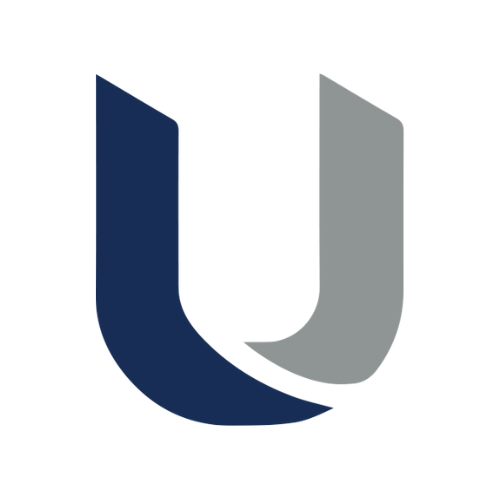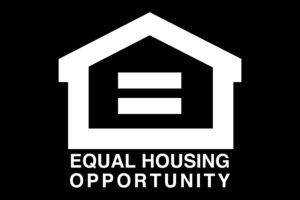A Home Equity Line of Credit (HELOC) can be a valuable financial tool for homeowners. It allows you to access the equity you have built in your home and use it for various purposes. However, like any financial product, there are pros and cons to consider before deciding whether a HELOC is the right choice for you. In this article, we will explore the advantages and drawbacks of using a HELOC, empowering you to make an informed decision. Let’s delve into the pros and cons of using a HELOC.
Pros of Using a HELOC
Access to Flexible Funds
A major advantage of a HELOC is the flexibility it provides. Unlike a traditional loan, a HELOC allows you to borrow funds as needed during a specified draw period. This gives you the freedom to access funds for various purposes, such as home improvements, education expenses, or unexpected financial needs. You only pay interest on the amount you borrow, not the entire credit line.
Lower Interest Rates
HELOCs often offer lower interest rates compared to other types of loans, such as credit cards or personal loans. This can make it a cost-effective option for borrowing larger sums of money. By leveraging your home’s equity, you may benefit from more favorable interest rates and potentially save on interest expenses over time.
Potential Tax Benefits
In some cases, the interest paid on a HELOC may be tax-deductible, depending on the purpose of the funds and local tax laws. For example, if the funds are used for home improvements, the interest may qualify for a tax deduction. It’s important to consult with a tax advisor to understand the specific tax benefits applicable to your situation.
Opportunity for Investment
For financially savvy individuals, a HELOC can present an opportunity to invest the borrowed funds into ventures with potentially higher returns. This could include investments in real estate, stocks, or starting a business. However, it’s crucial to carefully evaluate the risks and potential rewards before considering this option.
Cons of Using a HELOC
Risk of Property Foreclosure
One of the significant risks associated with a HELOC is the possibility of losing your home in the event of default. Since a HELOC is secured by your property, failure to make timely repayments could result in foreclosure. It’s essential to borrow responsibly and have a solid repayment plan in place to mitigate this risk.
Variable Interest Rates
Unlike fixed-rate loans, HELOCs often come with variable interest rates. This means that the interest rate can fluctuate over time based on market conditions. While you may initially benefit from a low interest rate, there is a potential for it to increase, leading to higher monthly payments. It’s important to consider this variability when budgeting and planning for repayment.
Temptation for Excessive Borrowing
The flexibility of a HELOC can also be a drawback for some individuals. The availability of funds may tempt borrowers to overspend or take on unnecessary debt. It’s crucial to exercise discipline and borrow responsibly, considering your financial goals and repayment capacity.
Additional Fees and Closing Costs
When obtaining a HELOC, there may be additional fees involved, such as appraisal fees, origination fees, and closing costs. These costs can vary among lenders and should be taken into account when evaluating the overall affordability of a HELOC.
Conclusion
A HELOC can provide homeowners with valuable access to their home’s equity, offering flexibility, lower interest rates, and potential tax benefits. However, it’s essential to weigh the pros and cons before deciding if a HELOC is the right choice for you. Consider the risks of property foreclosure, variable interest rates, temptation for excessive borrowing, and additional fees and closing costs associated with a HELOC.
Before deciding to use a HELOC, carefully assess your financial situation, objectives, and risk tolerance. Evaluate whether the benefits outweigh the potential drawbacks. Consider alternative options, such as personal loans or refinancing, to determine the most suitable financing solution for your needs.
A HELOC can be a valuable financial tool, offering flexibility, lower interest rates, and potential tax benefits. However, it’s crucial to weigh the pros and cons and understand the associated risks. By making an informed decision and using a HELOC responsibly, you can leverage your home’s equity effectively and achieve your financial goals.



